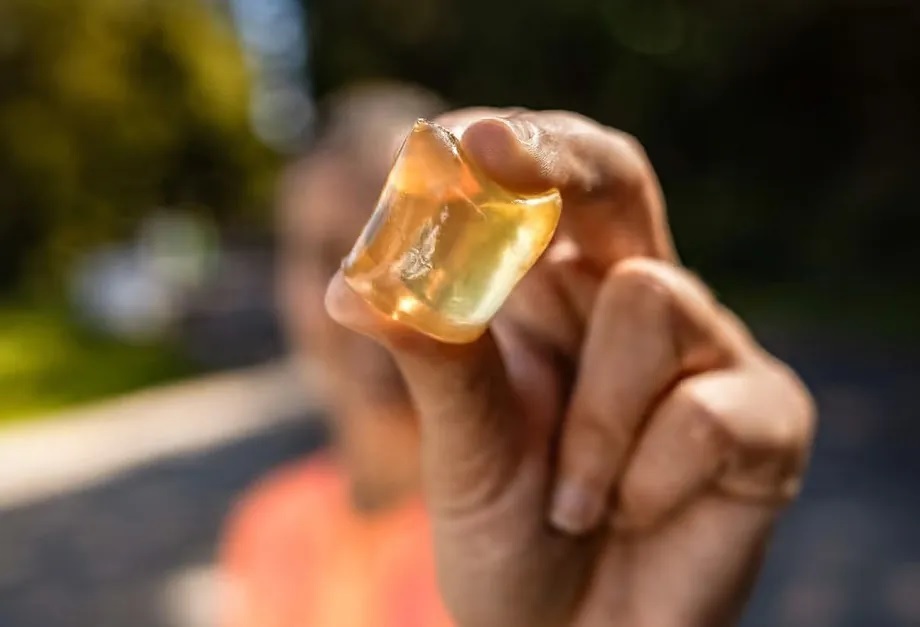In an increasingly environmentally conscious world, innovation becomes an essential tool to transform industries. With this premise, the Circular Packaging Challenge, organized by TheCircularLab of Ecoembes, held its grand final in Madrid last Thursday, bringing together the most prominent visionaries of the circular economy.
During this event, startups from seven countries, including the USA, UK, Norway, and Bulgaria, presented innovative proposals aiming to redefine the future of sustainable packaging. From using algae and plants to create biodegradable packaging to advanced technological systems to improve collection and recycling, each proposal showed how creativity can be the bridge to a more environmentally friendly future.
Participants faced two major challenges: developing more circular packaging with recycled materials or new packaging processes, and proposing innovative management models that promote reuse and circularity. The awarded startups were not only recognized with cash prizes but also became part of the goCircular Radar community, a platform that enhances their international visibility and encourages collaborations in pilot projects.
With over 190 registered projects, the competition reached its climax by announcing the main winners: Notpla, from the UK, revolutionizing the sector with packaging made from algae and plants, and GRIN, from Norway, which has developed pioneering technologies for the efficient collection of reusable packaging. The event also honored Macrocycle (USA) and Polytag (UK) with honorable mentions for their exceptional contributions to plastic recycling and reuse.
Notpla, algae-based innovation
One of the awardees, Notpla, is a British startup that transforms algae and plants into plastic-free wraps, rewriting the rules of packaging. Inspired by nature's intelligence, they specifically aim to eliminate single-use plastic, which generates 300 million tons of waste annually according to the UN. It all started with Ooho, an edible water bubble that encapsulates liquids like the peel of a fruit, designed by Rodrigo García González and Pierre Paslier while studying innovation in London.
Their secret lies in algae, a magical raw material that grows up to a meter per day, without needing potable water, light, or fertilizers, and disappears without a trace. From oil pipettes to fast-food boxes, biodegradable films, and moldable rigid materials, this type of packaging serves multiple functions. Lucy Romo García, business development manager at Notpla, described their project as follows: "We manufacture algae-based wraps, biodegradable solutions, home compostable, completely plastic-free, and in some cases, edible."
In her explanation, she detailed the project's early stages: "Our founders started with a product called Ooho, an edible water bubble in which we have placed different contents. Now we are collaborating with a global company to launch this with energy gels inside." Regarding the significance of recognition like that from Ecoembes, Romo pointed out that this translates into collaboration with companies to carry out a pilot. "I think that is the most important thing when you are a startup because we need other partners to help us reach the market," she added.
GRIN, closing the loop with technology
GRIN is a Norwegian company driving the transition to a circular economy through advanced technological solutions. Their main product, Revore, is an intelligent collection system designed to facilitate the efficient return of circular products by consumers. Equipped with artificial intelligence and sensors, it controls access, validates returns, and provides real-time data to optimize reverse logistics. This system is adaptable to various non-hazardous products that fit its specific dimensions and easily integrates with third-party applications through APIs.
"Our project focuses on intelligent collections of circular products. You can have a 100% recyclable or reusable product, but if you can't collect it from the consumer, it will end up as waste. We try to solve that problem by developing our small collection machines," explained Dani Mollet, co-founder of GRIN, delving into the details of their proposal. "We don't have clients in Spain, so this is an excellent entry point to the Spanish market," he added, excited about the project's future.
With so many applications and great proposals submitted, the decision has not been easy. "We received 192 applications. It has been a very intense process to filter first to choose those finalists and then select the best proposals. The truth is that it is a luxury to have the companies that are part of Ecoembes to help us in this evaluation," explained David Ceniceros, innovation specialist at Ecoembes. He also highlighted how collaboration with startups like FYCH Technologies, the winner of the first edition, has demonstrated the real impact of these initiatives. "We wanted to have them as speakers because we found their vision of growth and scaling very interesting," he concluded.
